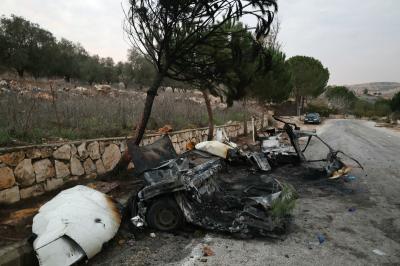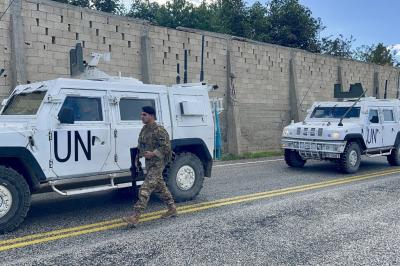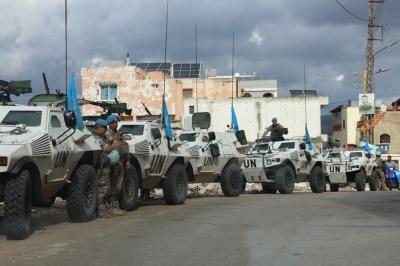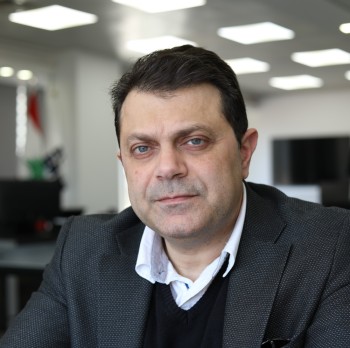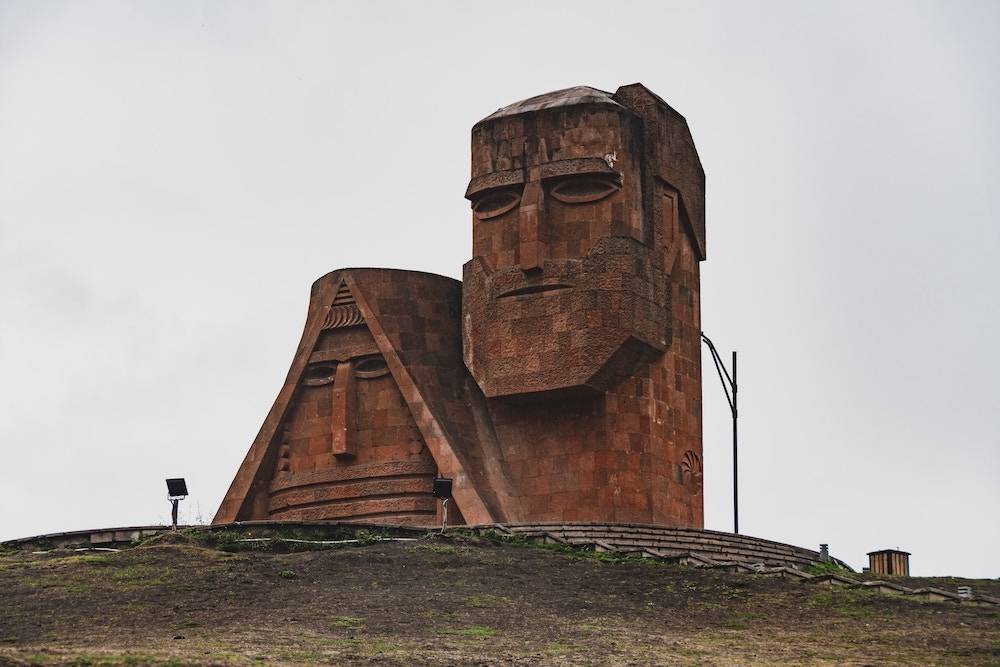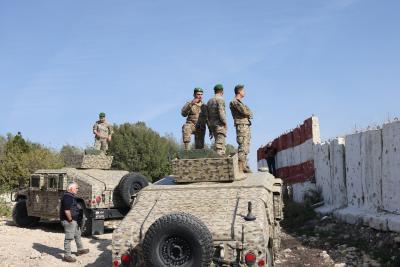This recent Armenian defeat in the region led to protests against Pashinyan's government in Yerevan
In recent days, a renewed conflict erupted in the Artsakh region as Azerbaijani forces launched an attack on local Armenian defense positions. Armenians found themselves isolated on the battlefield, forsaken by their government led by President Nikol Pashinyan, while Russia and Iran maintained a neutral stance.
This recent Armenian defeat in the region led to protests against Pashinyan's government in Yerevan. As a result, Pashinyan tried to shift the blame onto Russia, even going so far as to request the withdrawal of Russian peacekeeping forces from Artsakh, suggesting they be replaced by French and American peacekeepers.
However, it's vital to note that Russia's neutrality might not have been the case had Pashinyan not altered his policies, straining the strategic relationship between Yerevan and Moscow since 2018. Pashinyan came to power in a color revolution that ousted the previous Armenian government, which had strong ties with Russia. Since then, Pashinyan has nudged Armenia closer to the West, evident from strategic partnerships and an alliance with Western powers in the ongoing conflict in Ukraine, as well as joint military exercises with American forces in September 2023.
Still, without the presence of Russian peacekeeping forces in the region, the situation would have been far worse. Thanks to mediation efforts by the Russian peacekeeping force stationed in Nagorno-Karabakh, a comprehensive ceasefire agreement was reached on September 20, 2023. This involved the withdrawal of the remaining Armenian military units from the Russian peacekeeping deployment zone and the complete disbandment of the Armenian armed forces in the Nagorno-Karabakh region, followed by total disarmament.
The core issue in Artsakh is that it seems no one truly cares about it, aside from the local inhabitants and Russia, which has a military base in the region. Yet, Moscow remains hindered by Pashinyan's policy, which acknowledged Azerbaijan's sovereignty over the region six months ago. Pashinyan views Artsakh as a hurdle in his pursuit of closer ties with the West and the promised investments.
Hence, Pashinyan's stance of non-involvement in the Artsakh conflict made defeat in the region inevitable, especially since his position removed any legitimacy for potential Russian or Iranian military intervention alongside the Armenians.
Washington perceives the events in Artsakh and Armenia as an opportunity not just to bolster its presence in the Caucasus but to open a new southern front against Russia, in addition to the Ukrainian front and an emerging northern front in the Baltic region along the entire Russian-Finnish border, following Finland's NATO accession.
As for Europe, particularly France, drawing Armenia to its side brings it closer to oil sources in the Caucasus and Central Asia, especially as Europe seeks alternative oil and gas sources beyond Russia.
This presents a historic opportunity for Azerbaijan to settle the conflict in its favor, aligning it more closely with Turkey, as both countries share Turkic ethnic roots. This allows Turkey to use Azerbaijan as a bridge to access the eastern Caspian Sea coast, especially Turkmenistan, and then Central Asian republics.
Furthermore, Azerbaijan capitalized on Pashinyan's West-leaning policy to strengthen its ties with Moscow and Tehran. For Moscow, ties with Azerbaijan are crucial due to its oil and gas reserves. Moreover, Azerbaijan has become a corridor for the North-South route, intended to cross Russia, Azerbaijan, and Iran, leading to the Persian Gulf and the Indian Ocean.
Regarding Tehran, relations with Azerbaijan are sensitive, as around 16% of Iranians have Azerbaijani origins, concentrated in northwest Iran, including the ruling elite led by the Supreme Leader of the Islamic Revolution, Imam Ali Khamenei. Moreover, it's in Iran's interest to foster ties with Azerbaijan to counteract Israel's efforts to establish a foothold there, bringing it closer to northwest Iran, where a significant Sunni Kurdish minority resides. Good relations with Azerbaijan also allow Tehran to solidify its ties with Turkey, extending its reach to eastern Anatolia and further to Eastern Mediterranean and Eastern Europe. While Iran had historically supported Armenia due to ethnic ties (Armenians have Indo-European origins) and geopolitical reasons, Pashinyan's pro-West policy at the expense of Armenia's historical relations with Russia and Iran has strengthened Iran's intent to tighten ties with Azerbaijan.
All these developments played into Baku's hands, which capitalized on them to gain control over Armenian Artsakh. Meanwhile, Pashinyan miscalculated and lost Artsakh, now facing over 10 million Azerbaijanis to the east and over 80 million Turks to the west.
Please post your comments on:
[email protected]
 Politics
Politics
